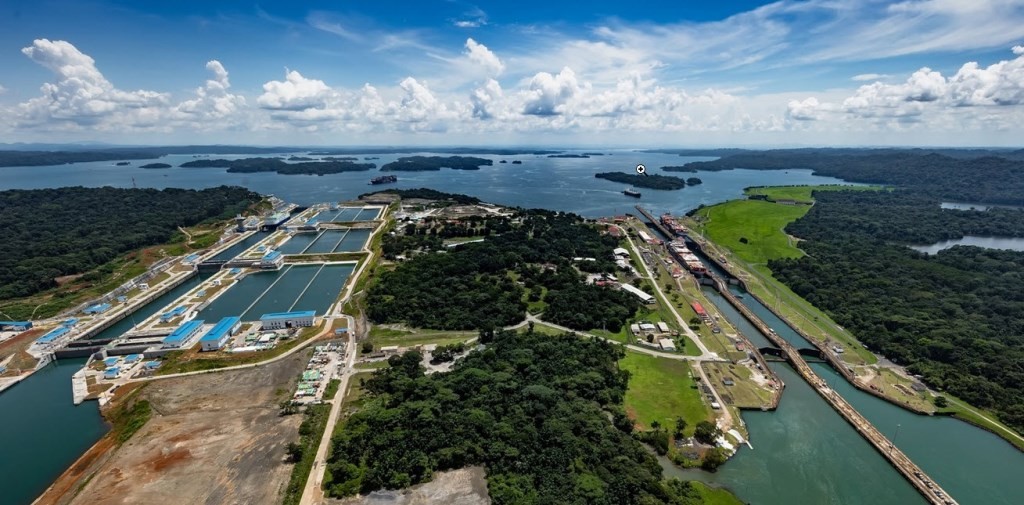Wendy Anders writes about a recent study done by the Center for International Development at Harvard on Panama called “Shifting Gears: A Growth Diagnostic of Panama”. Panama in all of its glory still has a long way to go in many ways. That said, our Nation is moving forward on many fronts to get there.
Panama, one of the fastest growing economies in the world over the past decade, is raising eyebrows among development economists at Harvard University for its dramatic inequality.
Researchers Ricardo Hausmann, Luis Espinoza and Miguel Angel Santos at Harvard’s Center for International Development say sharp income equality, coupled with growth based primarily around construction concentrated in the Canal region mean much of the Panama’s population is being left out, and the economy is not robust enough to sustain growth.
Panama’s development of a modern service sector surrounding the Canal, and its boom in non-residential construction have spurred large public and private infrastructure projects which have in turned “fueled growth and created a vibrant labor market for non-skilled workers,” said the researchers in the report “Shifting Gears: A Growth Diagnostic of Panama”.
“The construction sector has been growing for a decade at a rate that is equivalent to doubling its stock of structures every four years. The demand for non-residential construction cannot grow indefinitely at a higher rate than the rest of the economy. This feeds into the second signal: Income inequality. In spite of the minor improvements registered over the accelerated-growth spell, Panama remains amongst the world´s top five most unequal countries.”
These “warning signals,” said researchers, mean that Panama would do well by diversifying and decentralizing its economic activities so that residents outside the Canal zone are included and benefit.
A scarcity of skilled labor in Panama, said the researchers, is limiting the country’s ability to gradually diversify its economy to include more complex and high value-added activities. This also means the country must rely on attracting foreign specialists and professionals by offering premium wages, which contributes to income inequality in the country.
“Major investments in education have improved indicators of schooling quantitatively, but quality remains a major concern,” continued the researchers.
Other concerns pointed out in the report on Panama’s future economic sustainability include Panama’s immigration policies which, “prevent skills from spilling over from their special economic zones into the rest of the economy.”
Corruption, and excessive bureaucracy are other obstacles preventing “Panama to shift the gears of growth, tackle inequality and continue growing at a fast pace,” concluded the Harvard researchers.
